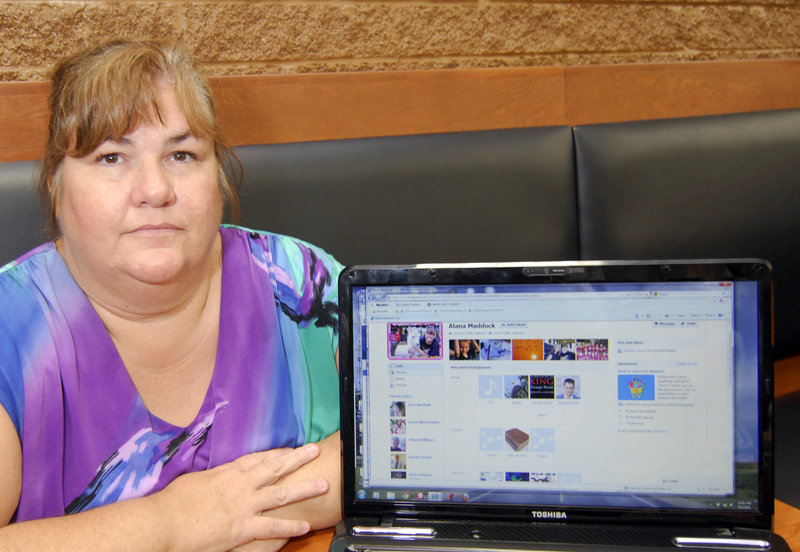JEFFERSON CITY, Mo. – A new Missouri law prohibiting teachers from having private online conversations with students suffered a double setback Friday. First, a judge blocked it from taking effect because of free speech concerns. Then the governor called for its repeal.
The law limiting teacher-student conversations through social networking sites such as Facebook had been scheduled to take effect Sunday. But Cole County Circuit Judge Jon Beetem issued a preliminary injunction blocking it until at least February, saying the restrictions “would have a chilling effect” on free speech rights.
A couple of hours later, Gov. Jay Nixon said he would ask lawmakers to repeal the restrictions during a previously scheduled special session that starts Sept. 6. Nixon’s request goes even further than the judge’s order, which was confined to private conversations on websites that are not work-related. The governor also wants lawmakers to reverse new restrictions on work-related websites and abolish a requirement for schools to develop written policies by January on teacher-student communications.
Nixon, who signed the legislation last month, said Friday that the provisions about online communication are “causing substantial confusion and concern among teachers, students and families” and thus should be stricken.
“In a digital world, we must recognize that social media can be an important tool for teaching and learning,” Nixon said.
State Sen. Jane Cunningham, who sponsored the measure, said she already has been working with education groups on a potential compromise that would repeal the existing law and replace it with a less-specific requirement for local school districts to develop policies about teacher-student communications. Cunningham said it’s important to make the change as soon as possible.
“There’s no reason for us to punt on this thing and let it continue to simmer and draw attention from all over the world,” said Cunningham, who represents a suburban St. Louis district.
The Missouri law would have barred teachers from using websites that give “exclusive access” to current students or former students who are 18 or younger. That would have meant that communication through Facebook or other social networking sites had to be done in public, rather than through private messages.
Copy the Story Link
Send questions/comments to the editors.



Success. Please wait for the page to reload. If the page does not reload within 5 seconds, please refresh the page.
Enter your email and password to access comments.
Hi, to comment on stories you must . This profile is in addition to your subscription and website login.
Already have a commenting profile? .
Invalid username/password.
Please check your email to confirm and complete your registration.
Only subscribers are eligible to post comments. Please subscribe or login first for digital access. Here’s why.
Use the form below to reset your password. When you've submitted your account email, we will send an email with a reset code.